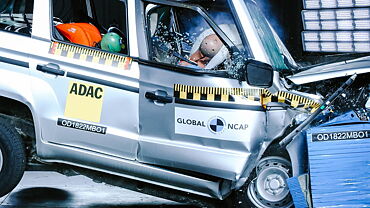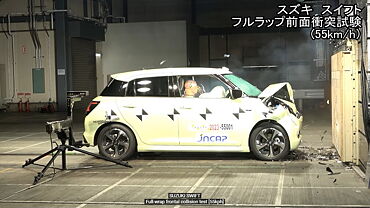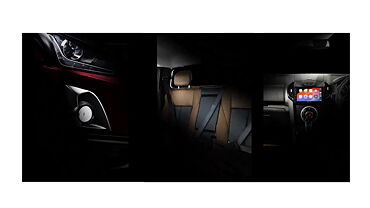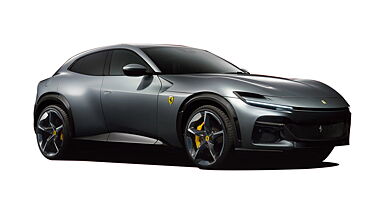Importing a racing machine has just been made easier by Indian government by tweaking the trade policies. This in turn will be beneficial for motorsport events held in our country, which require great amounts of duties levied on imported machines. Sources are speculating that the biggest advantage of this new scheme will be witnessed during the iconic Formula One championship. It was decided by the President of F1, Bernie Ecclestone not to conduct the motor-racing this year on Indian track; however the event will be returning in 2015.
Commenting on this proposal by government, Federation of Motor Sports Clubs of India's (FMSCI) President, Vicky Chandhok was quoted as saying, “I welcome this decision by the Government to modify the import policy for cars and bikes for racing events. This move will hopefully pave the way for India to host many more world class international motorsport events. While we are positive about this move, we would also request for rallying vehicles to be included. Support from the government will be critical in order for us to host international events and this is a step in the right direction.”
The biggest obstacle faced by the Indian authorities for successfully conducting F1 racing championship was heavy import duties imposed on several machineries. It is reported that the renowned Jaypee Group had to bear a total cost of Rs. 8 crore to ensure proper importing of machines during the last edition of F1 racing. Interestingly, the modified policy ascertains that cars and motorbikes can be imported to the country for the sole purpose of racing during several events. The same would not be allowed to be driven on Indian roads and it will be a compulsion to export back these machineries within 30 days after the completion of motorsport events.
As of now nothing can be said about the modus operandi of this policy and it is still uncluttered whether such a scheme would be beneficial for a mere weekend of a motor-racing event or for its whole season. The same will be clear when a similar event is being held in the country. Experts are of a view that this new policy will allow concerned authorities to manage such events cost efficiently and in turn use the pending budget in other utilities required during these racing programmes. 2015 will be geared up for the most acknowledged Formula One championship and it will be interesting to see who all gets a share from this new scheme.



























